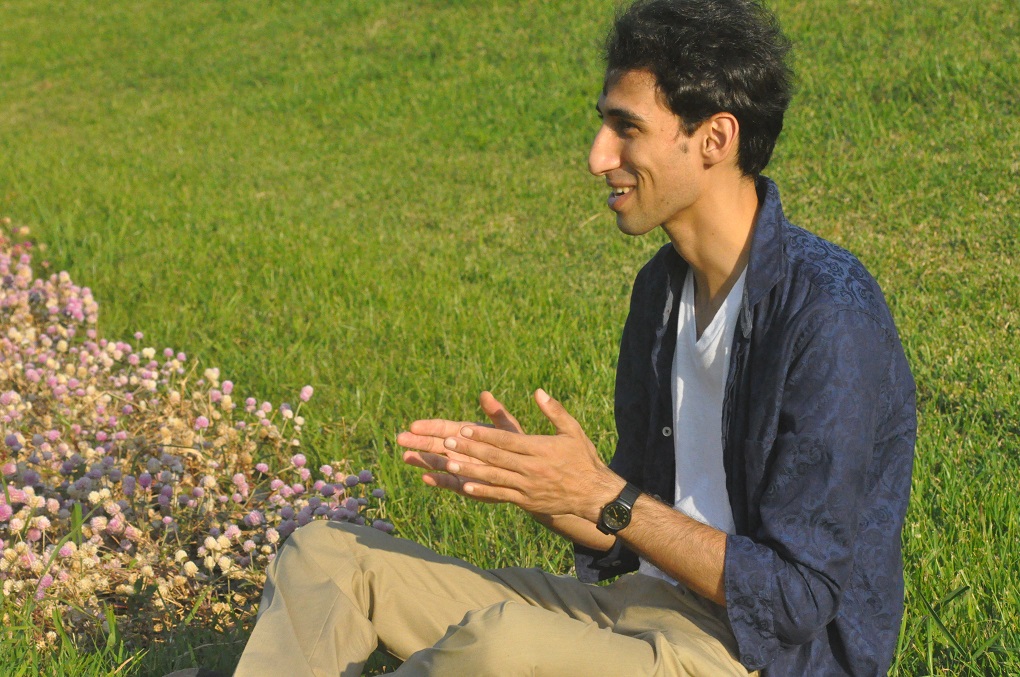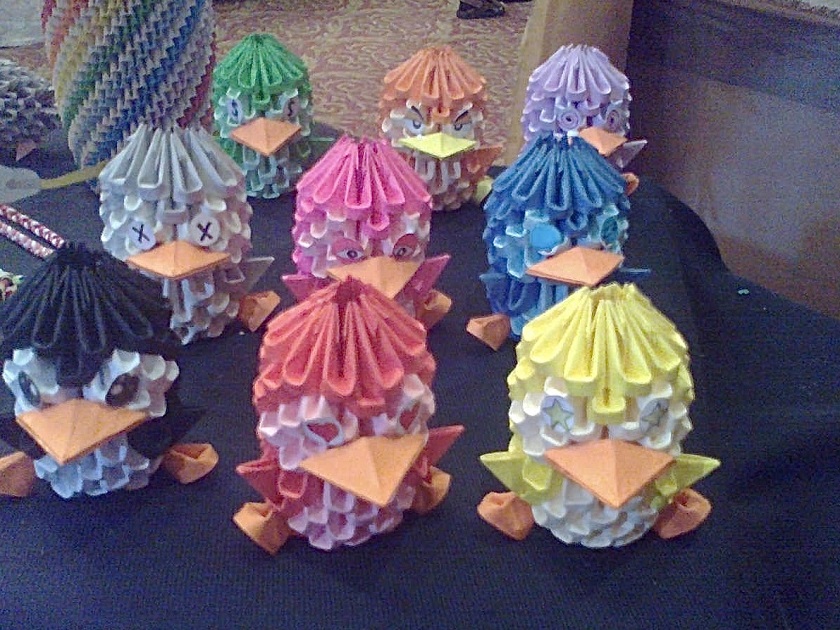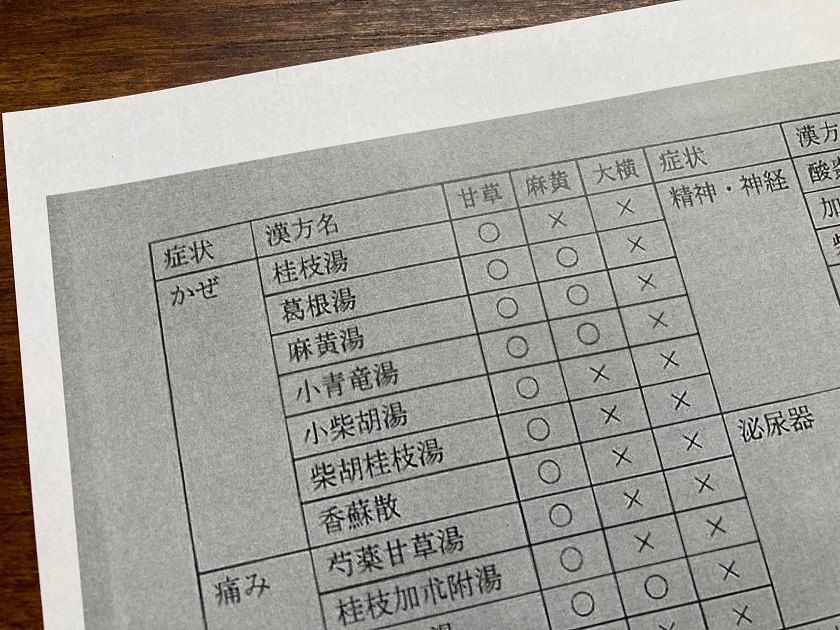
Zakariya came to Japan as a member of the second intake programme for refugee students. He was born and raised in Aleppo, the second largest city in northern Syria. Its history is ancient, dating back to several thousand years BC. Aleppo Castle stands in the centre of the walled old city. The maze of souks (markets) is lined with countless small shops. The town’s history, culture and people attracted many tourists from all over the world in the past, and the town was full of life.
| Graduating from university during the war
Zakariya entered the Faculty of Pharmacy at the University of Aleppo in October 2010. It was the autumn of the year before the outbreak of the Syrian Civil War. Normally, during his studies, he would have visited pharmaceutical companies and looked for a job after graduation, but all this did not happen.
As the civil war spread throughout the country, fighting also began in Aleppo city, and in 2013 the town was divided between Syrian government forces and rebels from east to west. The university was located in the west, and students who lived in east Aleppo could no longer attend. He lived in the west and barely managed to continue attending the university. Zakariya managed to graduate, but had no prospects for the future.
There is no future for me here. With this in mind, he left his hometown Aleppo in the autumn of 2016 under the fire of war and fled to Turkey. To avoid danger, he travelled 15 hours on a route that normally takes 30 minutes to get outside the city.
| Displaced life in Turkey with no clear future
Life in Turkey was not easy. For the first three months, I sheltered with my aunt in Istanbul. Later, he rented a flat with a friend and worked in a textile factory and a metalworking factory. They were not well paid. In some industries, wages were half those of native Turks. As the reception of Syrian refugees in Turkey is only for ‘temporary protection’, it is difficult to obtain a formal work permit. With no prospects for the future, many find their way to Europe.
Against this backdrop, Zakariya had been looking for an opportunity to study in Japan for a long time. When he found out about the programme, he applied for the first year, but was unsuccessful. I thought I could have a future in Europe, but I wanted to go to Japan. I liked the Japanese language. I liked Japanese culture. With a strong determination not to let this opportunity pass him by. He took the exam a second time the following year and passed.
| Encounter with Okinawa made me imagine the future of Syria
.jpg)
The Japanese language school he attended after coming to Japan is located in Naha City, Okinawa Prefecture. When we appealed for support for a project to accept refugee students, we received many comments from Okinawan citizens saying: ‘We would love to accept you in Okinawa. I want to help them somehow”.
In such Okinawan society, we were blessed with encounters with people. Zakariya’s mild and unpretentious personality probably attracted people to him. Before the spread of the new coronavirus, he was sometimes invited by friends to go out for karaoke or bowling.
Nevertheless, he felt lonely at first because he did not understand the language. Balancing part-time work and studying was not easy either.
During the two years he attended Japanese language school, he had three part-time jobs. A restaurant, fast food and convenience store. Five days a week, five hours a day. I worked after classes. At first, he worked the day shifts, but when he found out that most students worked the night shift, he changed the working hours to 11pm to 7am time slot.
Zakariya recalls that he was “totally fine” during those two years. His mind is always on the people left behind in Syria.
| Singing ‘Ue wo muite aruko’ in memory of his homeland
Zakariya’s parents and siblings remain in Aleppo. Once a week, they have a video chat and update each other on what’s going on. However, considering his family’s situation, he is unable to talk about the hardships he is facing in Japan.
‘When I think about Syria, I get anxious. The more I think about it, the more depressed I get. I also feel inadequate. At times like that, I go for a walk alone at night and sing ‘Ue wo muite aruko’ (Let’s face up and walk). If I think about Syria, I can’t get anything done.”
The city war is over, but what the decade-long civil war has brought is nothing but devastation and misery. Political and economic turmoil continues, and there is still no roadmap for people to live in peace.
| The smiling face of an Okinawan uncle who gave me hope
Living in Okinawa, I learnt a lot about the Battle of Okinawa. He has visited war sites in Urasoe City and Yomitan Village with local university students and listened to the stories of a storyteller.
In Okinawa, everyone has lost someone and had a tough experience. So I thought he was depressed, but no matter what he told me, he was a very cheerful old man. Seeing the old man smiling as he spoke gave me a positive feeling.
Even though it was destroyed, one day it will be peaceful, there will be beautiful flowers in the park and you won’t feel the war. He said things will change. When I see a peaceful Okinawa, I can imagine that one day Syria will also move towards peace.”
| I want children to forget about war.

As a university student, he joined an origami club while studying Japanese. While watching YouTube, he immersed himself in creating his works. Doing the same work silently and carefully seems to be his specialty.
Zakariya’s concern is for the future of his children.
‘I want to help children who have experienced war to forget the harshness of war. I grew up in peace. I was already a young man when the war started. Unlike young children, I had the strength to endure the pain of war.
Children born and brought up in war have no good memories. We have just been forced to live a horrible life. I wish I could make them forget those experiences.”
Zakariya, who has come to strongly desire this, has unforgettable memories. It was when he taught origami to children at a refugee centre.
I didn’t think I was doing anything good,” he says. I didn’t think I was doing anything good, but the children were so happy. That is what has stayed with me. I hope that children will be people who can rejoice in even the smallest things.”
It is said that war should be remembered and passed on. Perhaps it should be. But Zakarija puts himself in the shoes of children who have witnessed the war. He wants them to forget about the war. He wants them to live their lives as children.
| I want to study pharmacy in Japan and help rebuild my homeland.
More than 10 million people, or half of the Syrian population, were forced to flee their homes during the civil war, and more than 6 million of them have fled the country. Zakariya is one of them.
He is studying pharmacy in the hope of returning to Syria one day and helping to rebuild his homeland. He graduated from a Japanese language school and now works in a pharmacy while studying for the registered pharmacist exam. He took the exam last year, but could not read through the long questions. This year, a senior pharmacist at work is holding Zoom study sessions once a week. I’m also with a colleague who is working towards the same qualification. In the future, he would like to study at a biomedical college and be involved in experiments and research at a pharmaceutical company.

I enjoy studying. I am particularly interested in Chinese medicine. The names of Chinese medicine, such as ‘Kuzune-to’ and ‘Mao-ho-tang’, are difficult but interesting. The way of making Chinese medicine by combining several herbal medicines is apparently not found in Syria.
Having experienced the civil war, his desire to live for the good of society became stronger. Now, Zakariya is steadily building up what he needs to do in Japan. It is like the origami works he creates. He may not even be able to see what form it will take yet. But it will surely fill children’s hearts with dreams and hopes, rather than fear and sadness.
Interview and text by Shiho Tanaka
